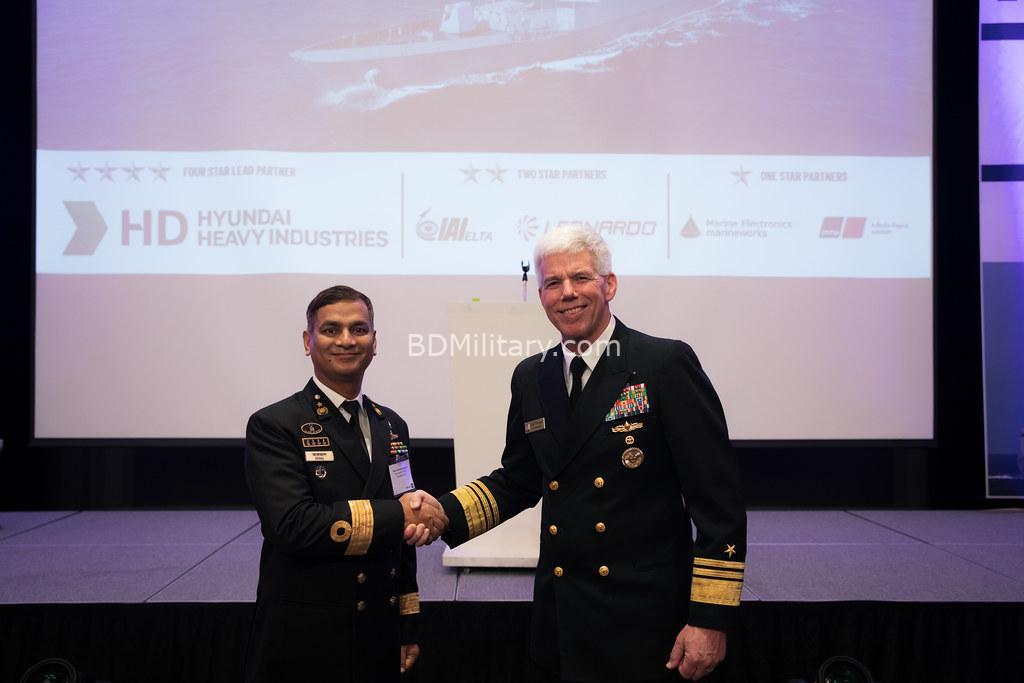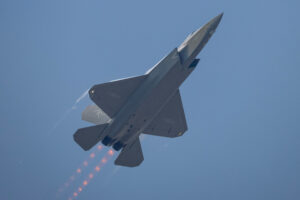This content is restricted to site members. If you are an existing user, please log in. New users may register below.
Why Bangladesh Must Now Sign ACSA and GSOMIA with the United States

Reading Time: 2 minutes Bangladesh is rapidly approaching a critical inflection point in its military and strategic evolution. To modernise the armed forces, safeguard national sovereignty, and establish a credible presence in the Indo-Pacific, Dhaka must act decisively and sign the Acquisition and Cross-Servicing Agreement (ACSA) and the General Security of Military Information Agreement (GSOMIA) with the United States. These two foundational defence frameworks would enable Bangladesh to strengthen its logistical and technological posture without compromising neutrality. ACSA facilitates reciprocal access to logistics support including fuel, munitions, spares, and services during training, UN deployments, joint exercises, and humanitarian operations. GSOMIA, meanwhile, allows for the secure sharing of classified military information, unlocking access to high-end US systems, encrypted communications, and intelligence data critical for joint operations and precision warfare. These agreements do not bind Bangladesh to any alliance or military bloc. Rather, they offer operational flexibility, interoperability, and technical credibility essential

